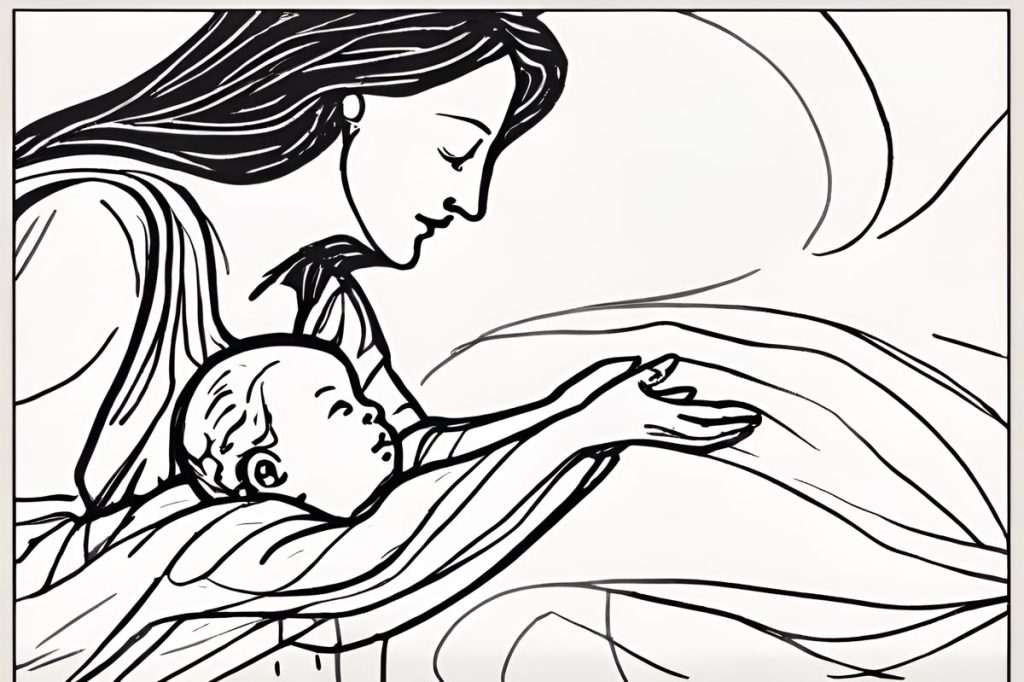Martina Malikzada, an Afghan asylum seeker, faces heartbreak as her son is abducted by his Turkish Kurdish father, sparking a complex international custody battle. With legal and diplomatic challenges ahead, the case sheds light on the struggles of asylum seekers caught in the crossfire of personal, legal, and political complexities.
What are the complexities of international custody disputes involving asylum seekers?
International custody disputes involving asylum seekers are complex due to the intersection of personal, legal, and political factors. These include the precarious legal status of asylum seekers, the potential influence of nationality on custody decisions, and the need for diplomatic navigation through international law and asylum protocols. Government bodies often intervene to address the cross-jurisdictional challenges faced by families separated by borders.
Cross-Border Abduction
A heart-wrenching case has surfaced where Martina Malikzada, a 27-year-old asylum seeker from Afghanistan, has been separated from her three-year-old son. In a desperate turn of events, the boy was taken by his father, Cihan Ayyildz, a 28-year-old Turkish Kurdish national, and spirited away to the northern regions. The incident, unfolding since May 12, has resulted in Ayyildz’s arrest for illegal entry and subsequent imprisonment.
This situation illuminates the distressing reality of international parental abduction. Malikzada recounts the harrowing emotional toll the separation has taken on her, with sleepless nights spent worrying over her son’s wellbeing. The child, now in the hands of social services in the north, has become a focal point of a complex legal battle, touching on sensitive issues of asylum and international law.
Asylum Seekers in Limbo
The distraught mother and her son originally sought refuge from a life that was made untenable in their homeland due to familial rejection of their marriage. Seeking asylum in the Republic, the family found temporary shelter at the Pournara migrant reception centre before relocating to Ayia Napa. Their journey underscores the vulnerabilities faced by asylum seekers, including the precariousness of their legal status and the constant threat of family separation.
Malikzada’s plea to be reunited with her child has become a diplomatic and legal challenge. With her husband’s nationality potentially influencing custody decisions, the fear that her son might be taken to Turkey looms large. The intricacies of the case highlight the complex intersection of personal, legal, and political factors that often complicate asylum cases.
Government Intervention and Legal Proceedings
Behind the scenes, diplomatic efforts are in motion to assist Malikzada. The Republic of Cyprus is keeping a watchful eye on the situation through a bicommunal technical committee on crime. This case is not isolated in its complexity, as similar incidents have occurred, necessitating the involvement of government bodies to navigate the cross-jurisdictional challenges.
The upcoming court hearing on August 14 stands as a critical juncture for the family’s future. With Malikzada holding temporary protection status and her asylum application pending, any action she takes must be measured against the potential impact on her legal standing. The involvement of international organizations such as the UNHCR reflects the gravity of the situation and the need for careful diplomatic navigation.
An Uncertain Tomorrow
The unfolding events have cast a spotlight on the plight of asylum seekers and the vulnerabilities they face, especially where children are involved. As Malikzada bravely confronts the legal system in hopes of reuniting with her son, the international community watches and waits. The delicate balance of parental rights, asylum protocols, and international relations continues to be tested in this deeply human story of a mother’s love and the quest for a safe, stable life for her young son.
How are international custody disputes involving asylum seekers complicated?
International custody disputes involving asylum seekers are complex due to the intersection of personal, legal, and political factors. These include the precarious legal status of asylum seekers, the potential influence of nationality on custody decisions, and the need for diplomatic navigation through international law and asylum protocols. Government bodies often intervene to address the cross-jurisdictional challenges faced by families separated by borders.
What is the background of the case involving Martina Malikzada and her son?
Martina Malikzada, an Afghan asylum seeker, was separated from her three-year-old son after he was abducted by his Turkish Kurdish father and taken to the northern regions. This heartbreaking situation sheds light on the distressing reality of international parental abduction and highlights the challenges faced by asylum seekers in navigating complex legal battles.
How has the situation impacted Martina Malikzada and her asylum-seeking journey?
Martina Malikzada and her son sought asylum due to familial rejection of their marriage in Afghanistan. Their journey to find refuge in Cyprus has been fraught with vulnerabilities, including the precarious legal status of asylum seekers and the constant threat of family separation. Malikzada’s plea to be reunited with her son has become a diplomatic and legal challenge, further complicating her asylum-seeking process.
What diplomatic and legal efforts are being made to assist Martina Malikzada in reuniting with her son?
Diplomatic efforts are underway to assist Martina Malikzada, with the Republic of Cyprus monitoring the situation through a bicommunal technical committee on crime. The involvement of international organizations, such as the UNHCR, reflects the gravity of the situation and the need for careful diplomatic navigation. The upcoming court hearing on August 14 will be a critical juncture for the family’s future.

